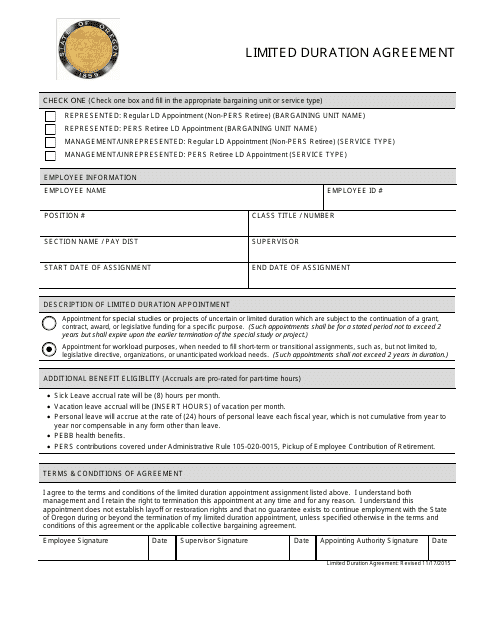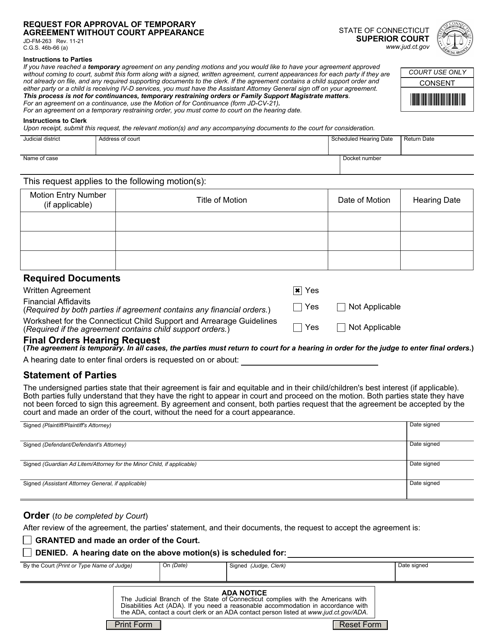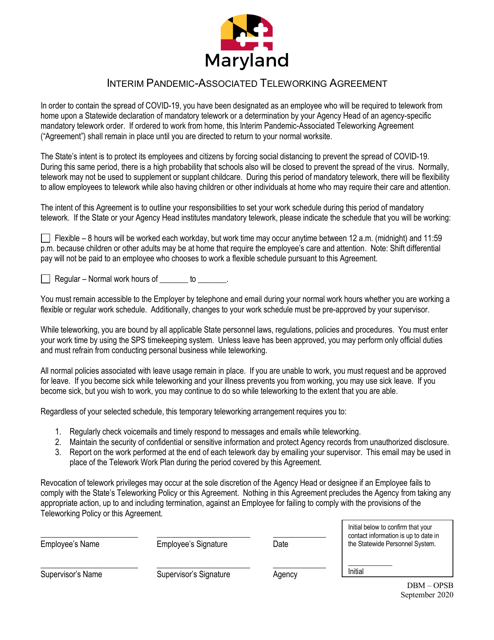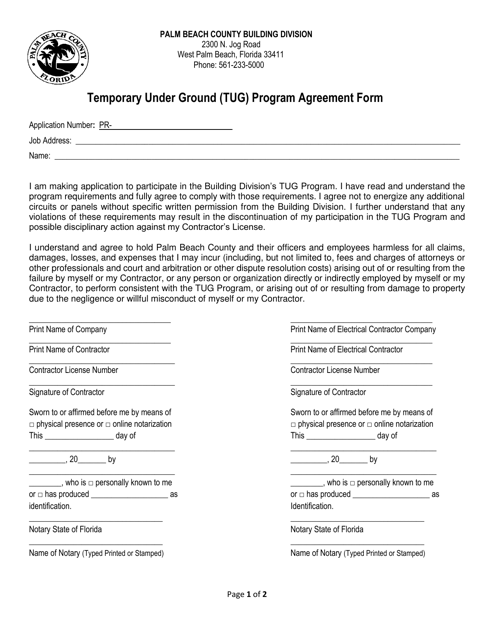Temporary Agreement Templates
Temporary Agreement Documentation: Streamline Your Commitments
When it comes to time-limited partnerships, contractual obligations, or special arrangements, having well-documented temporary agreements is essential. These documents, also known as limited duration agreements or temporary under ground (tug) program agreements, provide a common ground for parties to establish their rights, responsibilities, and expectations during a specific period.
Crafting a temporary agreement may involve specific legal requirements, depending on the jurisdiction, as showcased by forms like the Form JD-FM-263 Request for Approval of Temporary Agreement Without Court Appearance in Connecticut. Such forms ensure that both parties adhere to relevant laws and regulations, thereby safeguarding their interests.
Among the alternate names for temporary agreements, the "Interim Pandemic-Associated Teleworking Agreement" garners attention due to recent global circumstances. This alternative not only highlights the flexibility and adaptability that temporary agreements offer but also emphasizes the importance of remote work arrangements during extraordinary times.
Whether it's a professional collaboration, a limited-term employment contract, or an arrangement to address unique circumstances, having proper documentation is crucial to maintain transparency and prevent conflicts. Temporary agreements provide a framework for parties to address specific needs while allowing flexibility and clarity in their commitments.
If you find yourself in need of a temporary agreement, exploring and understanding the specific requirements in your jurisdiction will be vital in ensuring a smooth and effective partnership. Utilizing appropriate templates and forms, such as the Limited Duration Agreement in Oregon or the Temporary Under Ground (Tug) Program Agreement Form in Palm Beach County, Florida, can help streamline the process and provide a solid foundation for your temporary commitments.
Remember, temporary agreements serve as valuable tools to protect your interests and establish clear expectations between all parties involved. With proper documentation in place, you can navigate through temporary arrangements confidently, knowing that your rights and responsibilities are well-defined.
Documents:
5
This type of document is used for creating a short-term agreement in the state of Oregon. It specifies the terms and conditions for a limited duration contract between parties.
This form is used for agreeing to the Temporary Underground (TUG) Program in Palm Beach County, Florida.




